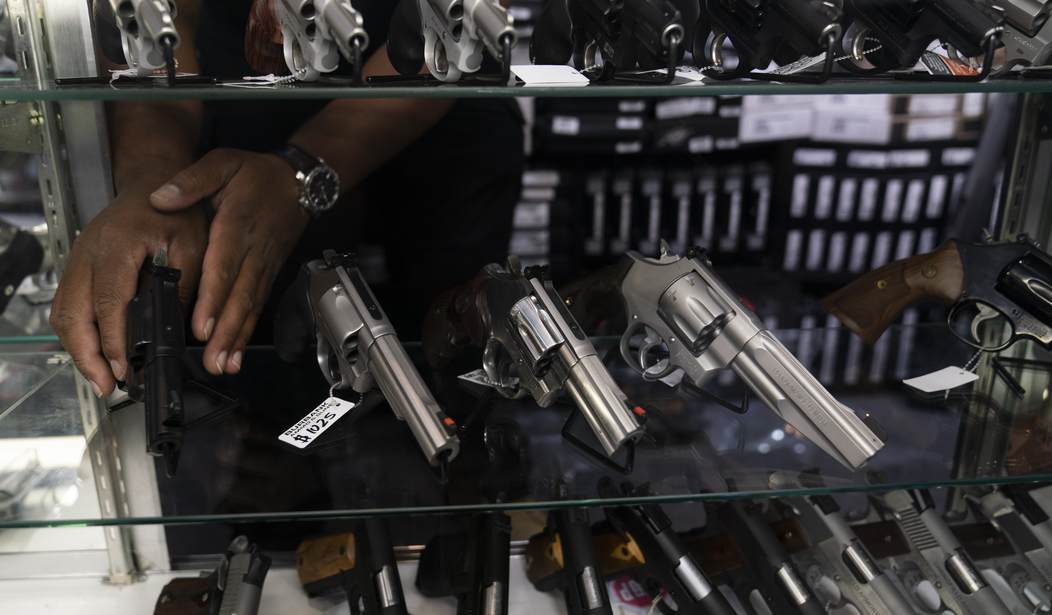For a lot of us, the threat of prison is enough to make sure we keep walking the good old straight and narrow. We're realistic enough to know that no matter how tempting something might be, we're likely to be caught and if we're caught, we're going to prison.
It's part of why more people aren't socked in the mouth despite really, really deserving it.
But the worst in our society don't think that way. Prison is a badge of honor, to some degree, and many of them figure they're too smart to be caught by police despite mountains of evidence to the contrary.
Lawmakers, however, have a tendency to look to increased penalties as a deterrent, thinking that spending longer in prison will keep people from breaking certain laws. It doesn't, of course.
In Ohio, they're looking at a bill that will increase penalties for so-called gun crime, but at least one lawmaker has a different justification for it.
A new Republican-led bill at the Ohio Statehouse aims to curb gun violence across the state.
“These aren’t just random acts,” Rep. Josh Williams (R-Sylvania) said. “In fact, the majority of gun crime in Ohio is done by repeat violent offenders who are not allowed to have firearms.”
“A very small number of the criminals are the ones that a perpetrating the majority of the crime with firearms,” Rep. Bernard Willis (R-Springfield) said. “These things tell us we can reduce the number of people who will want to do that in the future.”
The bill, which does not yet have a number or committee assignment, is sponsored by Williams and Willis. The 220-page legislation would increase penalties for repeat violent firearm offenses and would mandate prison time.
“This legislation will give communities the tools they need to keep them safe,” Williams said.
There's good and bad here, so let's get into which is which.
The good is Williams' reasoning for this measure. He's absolutely correct that most of the problem is caused by a small number of people. This has long been established by law enforcement. They typically know the perpetrator of a violent crime in most cases.
It's like the 80/20 Rule, where 80 percent of something is done by 20 percent of the people. That's typically applied to the work done in an organization, but people have found that it applies similarly elsewhere, though the percentages aren't necessarily the same. The truth of the rule is that most of a given thing is done by a minority of the people.
That applies here.
Williams doesn't pretend harsher penalties will deter anyone. He's simply arguing that removing them from society means they can't be a problem for society during that period. They might mature while in prison and lose some violent tendencies, or they might not. That's not the reason for the penalties. It's just to keep them from being able to disrupt society for longer.
The truth is, I respect and applaud the approach.
But it isn't all sunshine and daisies.
One big problem I have here is that it falls into the trap of treating "gun crime" as if it's somehow different than violent crime as a whole. Ask anyone who has lost someone they care about to so-called gun violence. We weren't going to feel better if our loved one had been stabbed to death instead of being shot.
Focusing on "gun crime" is just a variation on blaming the gun.
That said, if this goes through, I'm not going to lose a moment of sleep about it. I don't like blaming guns for the issue or pretending they're especially egregious, but as this still focused mostly on the tool using it and not the tool itself, I can deal with it.








Join the conversation as a VIP Member